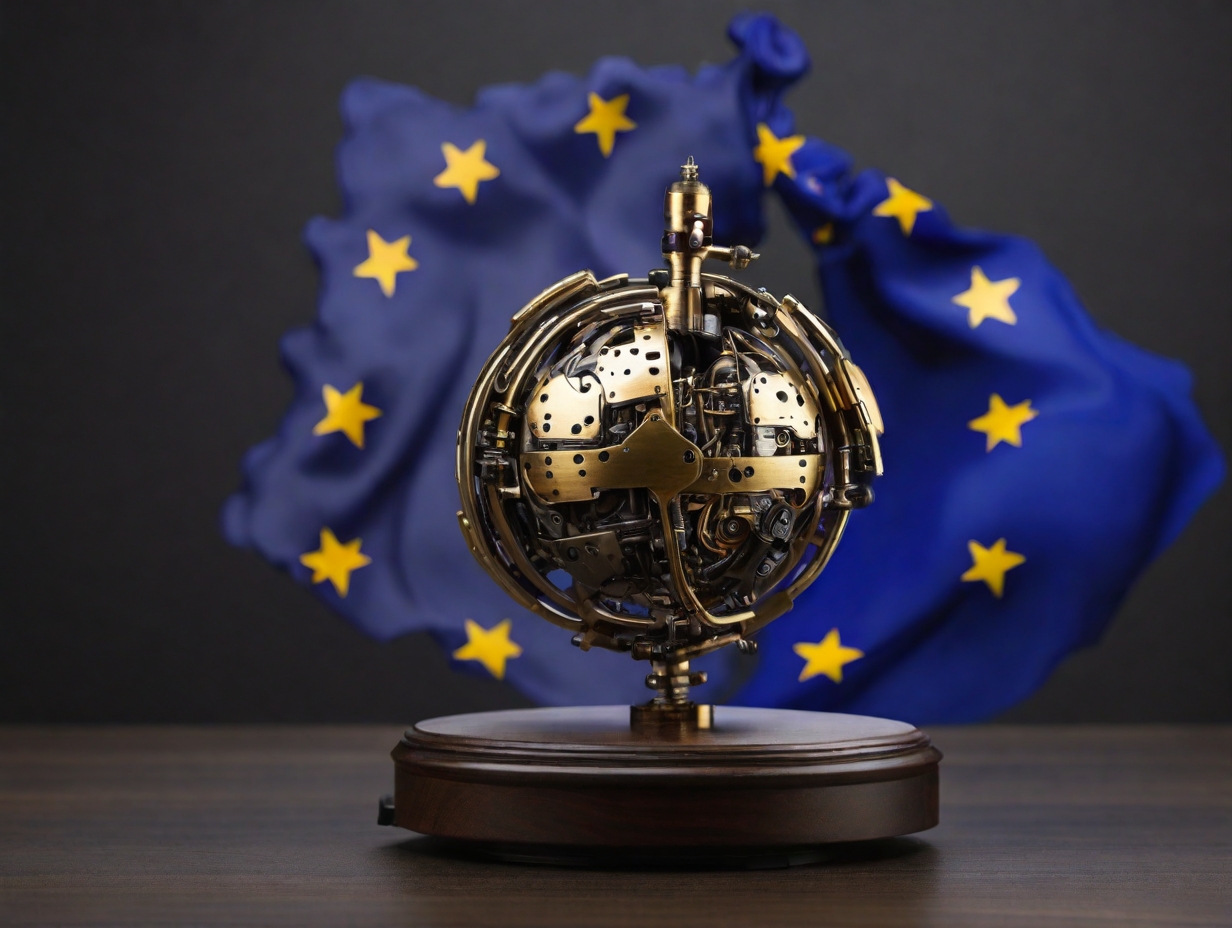In a landmark move, the European Union (EU) passed the Artificial Intelligence Act (AI Act) on March 13, aiming to establish comprehensive regulatory standards for the adoption of AI technologies. While lauded as a significant step forward in addressing ethical, safety, and rights-based concerns surrounding AI, critics argue that the Act may fall short in mitigating existing and potential risks posed by these technologies.
Regulatory framework and implementation timeline
The AI Act sets forth enforceable limits on permissible AI systems, mandates risk assessment and transparency requirements, and outlines penalties for non-compliance. However, concerns arise regarding the extended timeline for full implementation, which may delay effective regulation, especially concerning issues such as the proliferation of misinformation and algorithmic decision-making impacting democracy.
One of the pivotal aspects of the AI Act is its requirement for companies to disclose the content used to train AI models and comply with European copyright laws. This provision has significant implications for industries reliant on intellectual property (IP), particularly journalism and creative sectors. By compelling AI companies to seek authorization for the use of rights-protected content, the Act opens avenues for licensing deals and compensation, potentially reshaping the landscape of content creation and distribution.
Despite the Act’s transparency requirements, challenges remain regarding its application to existing AI models built on the alleged theft of IP. The Act’s retroactive enforcement and its implications for partnerships with non-EU tech firms remain ambiguous. Additionally, exceptions within the Act, such as those pertaining to copyright limitations, raise questions about the extent to which publishers can enforce authorization and seek compensation.
Navigating the path forward
With the entry of the European Union AI Act into force there is a need for stakeholders to proceed with the complexities of its implementation to protectjournalistic ethics and democratic processes. In addition to giving creators and publishers a chance to be exposed to the public, this can also help in the continued fight against monopolies that may arise from some AI development and use. At this juncture, securing the feasibility of journalism in the AI age becomes a pressing matter that should be taken very seriously to ensure that democratic debates and society at large thrive.
EU AI Act made such a welcoming step forward as one of the AI related regulation; yet, it is confronted with some threats, as they are produced both by the existing and the advance AI technologies. This Act attaches priority to fairness and transparency by seeking to alleviate ongoing concerns about copyright and introduce standards that strengthen intellectual property rights. Interestingly enough, it is the effectiveness in maintaining democracies and causing innovations that depends foremost upon accountability in law enforcement and invention of new strategies by virtue of the pressures from the novel technologies.
Through embracing the concepts of accountability, transparency, and ethical governance, actors can defy the intricate ground of AI regulation with the effect of creating an environment that may cater for both innovation and societal needs. The EU AI Act marks the beginning of the new era of regulatory control in particular area. However, it will takes long time to get the exact result, as its effectiveness will be measured by the ability to find a balance between strict rule and technology development.





